10 Pantry Items You Don’t Need
When it comes to stocking your pantry, it’s important to have a selection of essential items that can help you create delicious and nutritious meals. However, not every pantry item is created equal. Some items may take up precious space in your pantry without providing much value. To help you streamline your pantry and make room for the essentials, here is a list of pantry items you don’t need.
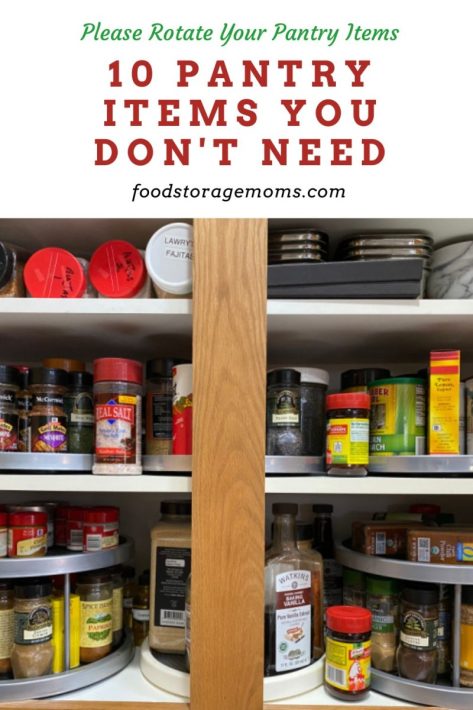
Why is it important to declutter your pantry?
Decluttering your pantry helps create an organized and efficient space. It makes it easier to find the items you need most often, reduces food waste by ensuring you use ingredients before they expire, and frees up space for essential items.
1. Expired Products
The first and most obvious category of pantry items you don’t need are expired products. It’s always a good practice to regularly check the expiration dates on your pantry items and discard anything that is past its prime. Expired products not only lose their flavor and nutritional value but can also possibly pose health risks. Understanding Expiration Dates on Food
2. Single-Use Appliances
While having specialized appliances can be convenient, they can also take up valuable space in your pantry. Consider placing single-use appliances in another storage area like your basement or garage. This could include things like popcorn makers, chocolate fountains, or panini presses if you rarely use them. Instead, opt for versatile appliances that can serve multiple purposes. The Top Survival Kitchen Cooking Essentials
If you can’t remember the last time you used them, consider giving them away to others or donating them to organizations like Savers, Goodwill Industries, or Deseret Industries so others can put them to good use.
3. Duplicate Spices
Spices are an essential part of any pantry, but having duplicate spices can lead to unnecessary clutter. Before purchasing a new spice, check your pantry to ensure you don’t already have it and that it hasn’t reached an expiration date. Consolidate your spices and discard any duplicates to free up space. 33 Essential Spices I Recommend Stocking Up On
Put together a list of your most frequently used spices and possibly have more of those than others on the shelf. Whether it’s cumin, curry, onion powder, cinnamon, red pepper, or other spices taking up space, taking time to evaluate frequent usage can planning ahead can make a real difference.
4. Half-Empty Bags of Snacks
We’ve all been guilty of opening a bag of chips or cookies and not finishing them. However, keeping half-empty bags of snacks in your pantry can lead to stale and unappetizing treats. Consider transferring these snacks to airtight containers or donating them to avoid wasting food. Don’t Forget to Stock Your Favorite Snacks
If you find you have numerous bags of this kind, consider your shopping habits and if it would be better to buy less. Another option would be to inventory the stash more often and pull out the oldest ones for use during your next meal or movie-watching night.
5. Stale Breads and Crackers
Breads and crackers have a limited shelf life and can quickly become stale. If you have multiple half-empty boxes of crackers or loaves of bread that have lost their freshness, it’s time to declutter your pantry. Consider freezing bread or repurposing stale crackers into breadcrumbs. How To Make Bread
Many people don’t fully understand the health risks of eating moldy food. The adage “When in doubt, throw it out” is based on common sense and good food management.
6. Excess Canned Goods
Canned goods are a staple in many pantries, but having an excess of them can lead to overcrowding. Evaluate your canned goods and donate any items that you won’t use or have been sitting in your pantry for too long. Remember to check the expiration dates before donating. How Long Does Canned Food Last?
A good food storage plan includes plenty of shelf-stable items like canned goods. The key again is storage management. Based on past purchases and related usage, you can make your shopping trips to grocery stores more effective and timely. Take into account the time of year, the timing of case lot sales, and the anticipated usage of items on the shelf, then your visits to purchase groceries become more meaningful.
You should always have grains stored in airtight containers, along with plenty of pasta, beans, and rice. Canned goods include meats, veggies, and fruits that your family enjoys and eat all the time. It’s the odd items that qualify for scrutiny when it comes to clearing out those shelves.
7. Out-of-Season Ingredients
When it comes to fresh produce, it’s important to be mindful of seasonality. Pantry items like canned fruits and vegetables can help you enjoy your favorite flavors all year round. However, if you find yourself holding onto out-of-season ingredients that you rarely use, consider donating or discarding them. 10 Essential Ingredients You Need When Baking
8. Non-Essential Condiments
Condiments can add flavor and variety to your meals, but they can also clutter your pantry if you have too many. Assess your collection of condiments like honey, jams, and jellies, and keep only the ones you frequently use. Consider donating or discarding those that have been sitting untouched for months. 11 Things Every Pantry Needs To Cook From Scratch
9. Unidentified Mystery Items
We’ve all encountered those mystery items in our pantry that we can’t quite remember when or why we bought them. If you come across any unidentified or forgotten items, it may be best to let go of them. Keeping pantry items that you can’t utilize or identify will only contribute to clutter. The Pantry Needs These Simple Items
10. Overly Specific Ingredients
While it’s great to have a well-stocked pantry, be mindful of overly specific ingredients that you rarely use. For example, if you purchased a specialty spice for a single recipe and haven’t found another use for it, it might be time to let it go. Focus on versatile ingredients that can be used in a variety of recipes. How to Organize a Walk-in Pantry
How often should I check for expired pantry items?
It’s a good practice to check for expired pantry items at least once every few months. Make it a part of your routine while organizing or cleaning your pantry.
Can I donate expired pantry items?
No, it is not recommended to donate expired pantry items as they may pose health risks. Only donate unexpired, non-damaged items to local food banks or shelters.
What should I do with half-empty bags of snacks?
To prevent snacks from going stale, transfer them to airtight containers or resealable bags. If you don’t plan on finishing the snacks try repurposing them in recipes or putting them in the freezer for use later. 16 Hacks for Repurposing Old Household Items
Fresh Is Best
Mark and I started buying smaller jars of things like peanut butter, Miracle Whip, mustard, and mayo. We also buy smaller packages of those unhealthy potato chips. I love kettle-cooked chips with onion dip, that’s how I roll. I can’t believe I’m going to admit this on my website, I hate 1/2 opened bags of chips so I take care of that through personal consumption. (LOL)
You know when the family has 8 bags of chips open, some have bag clips and some don’t. I probably sound like a brat, but I just like fresh chips. Once you open a bag the freshness goes down in 2-3 weeks, if not sooner. The expiration date may say 3 months from now, but NOT if it’s been opened. Okay, I will get off my cereal and chip soap box! Chip Bags Clicks. I keep my cereal in Rubbermaid Commercial Containers
Final Word
When decluttering your pantry and getting rid of unnecessary items, you’ll be able to create a more organized and efficient space. Remember to donate any unexpired items to your local food bank or shelter, as someone else may find value in them.
With a streamlined pantry, you’ll have an easier time finding what you need and creating delicious meals with the essentials. Clearing out the pantry or performing a periodic inventory can be a fun learning exercise with young family members, give it a try. May God Bless this World, Linda



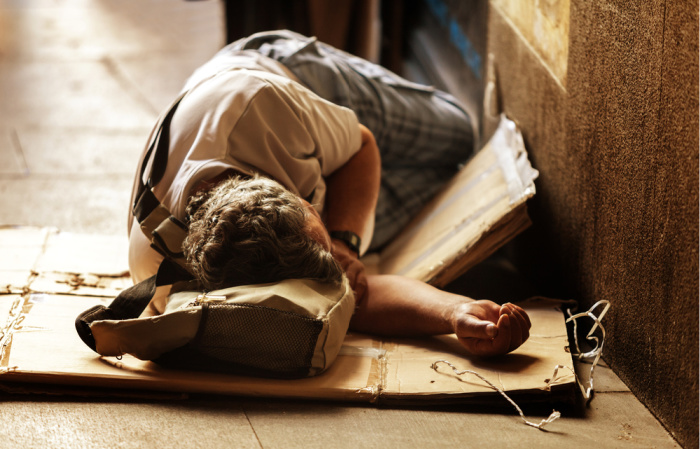

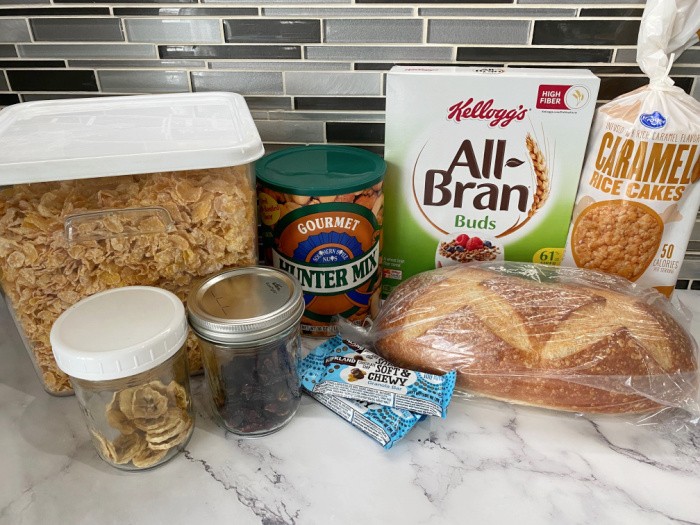
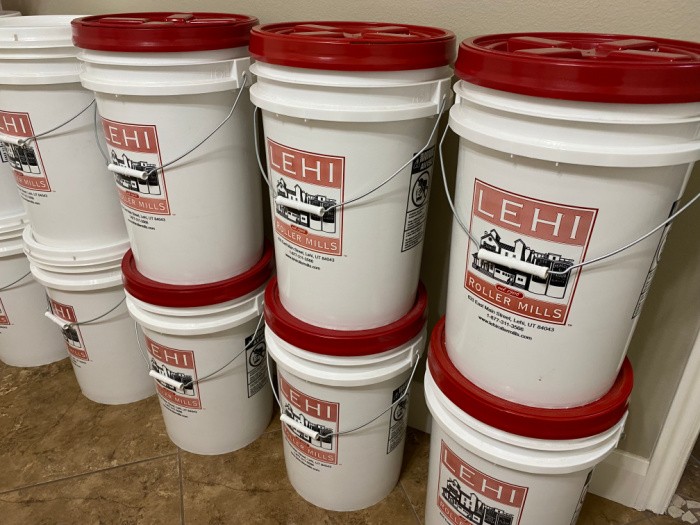
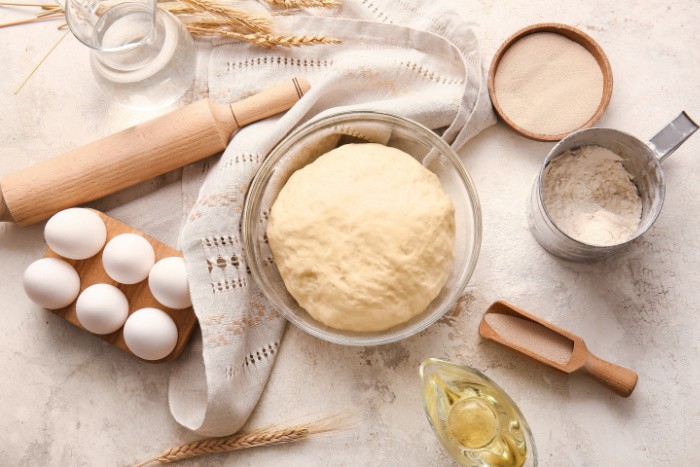
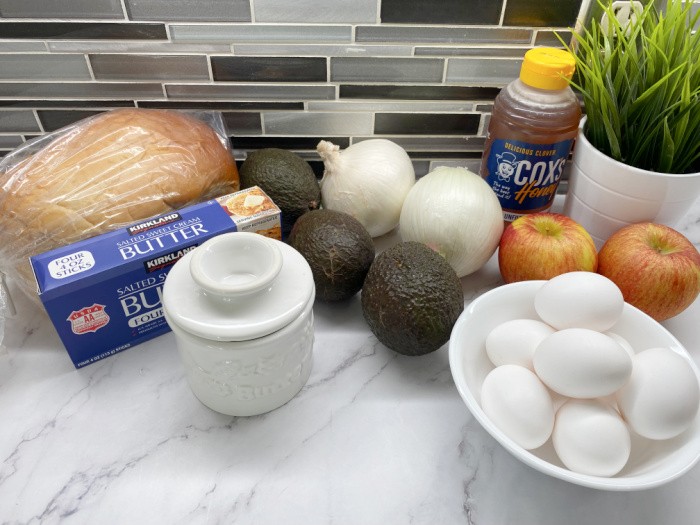
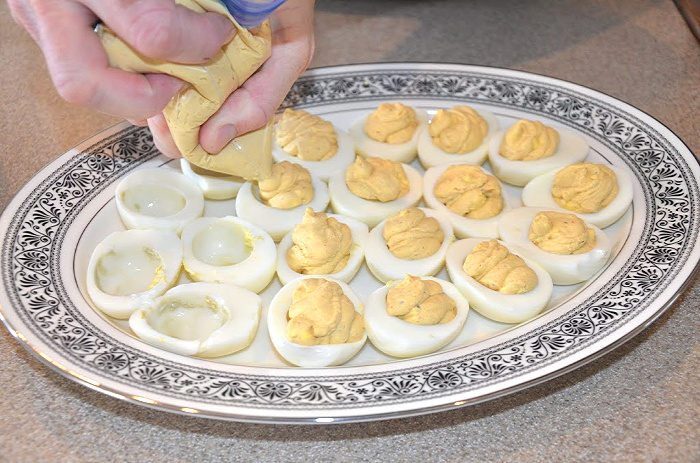
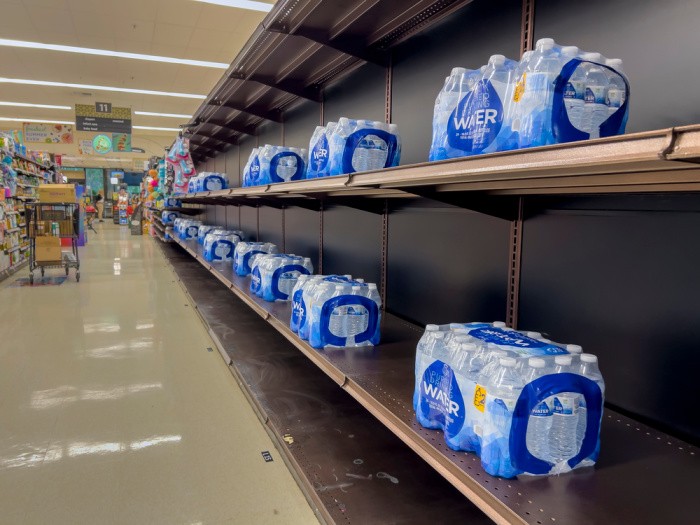
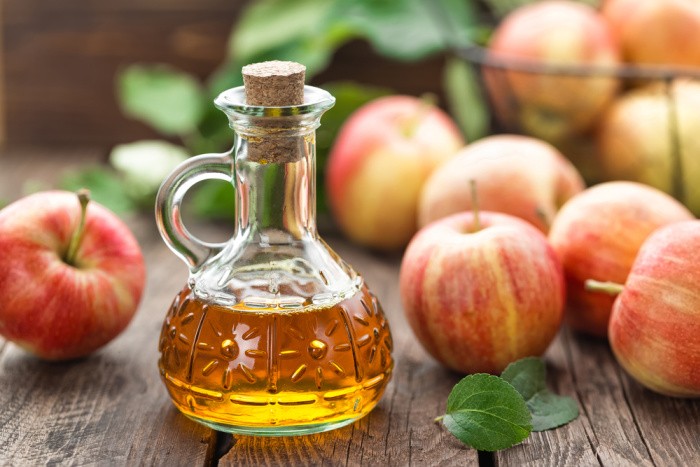

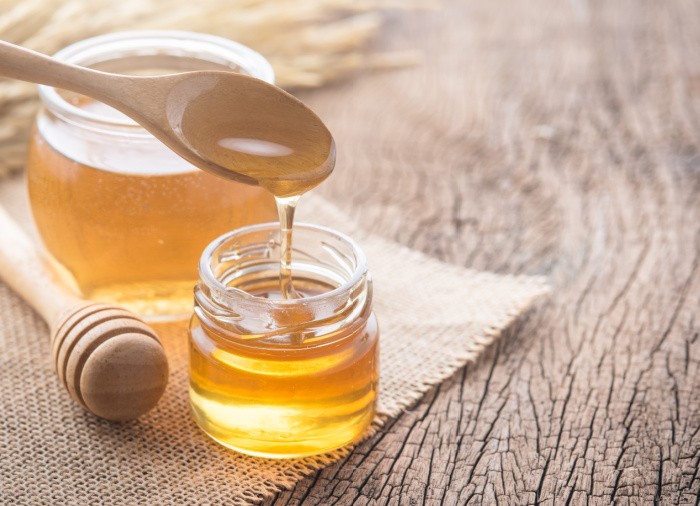



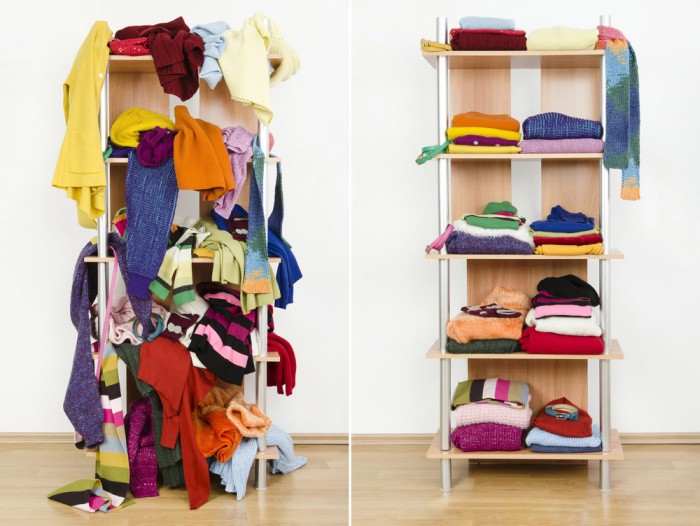
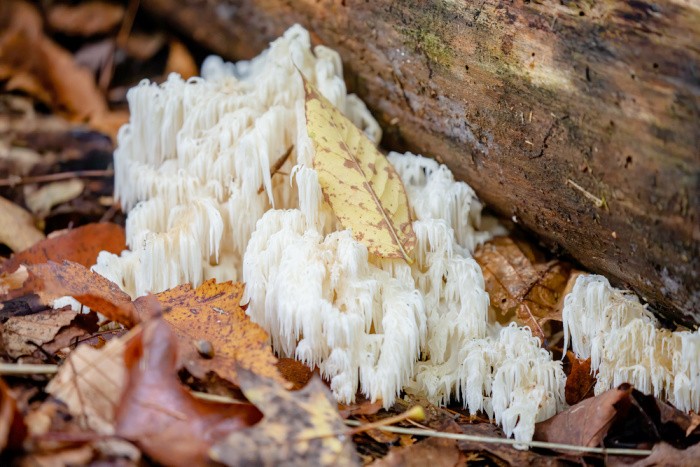




I just want to say “Thank you” for being out there on the web. I hope all your goodness comes back and blesses you a thousand fold. God Bless, Diane
HI Diane, oh, thank you for your kind words, my friend! Hugs from Utah, Linda
Linda,
I’m not sure it’s possible to have too many cases of commercially canned goods. They pretty much last forever–in spite of “best by” dates. Almost all such dates are assigned by marketing departments, not nutritionists. And while they may SAY their goal it to insure you eat the best tasting product, their real goal it for you to discard it and buy more. In commercially canned goods this is especially true. I’d only discard them if they showed signs of bulging or corrosion. Most home canned goods are supposed to be used within two years according to the Dept of Agricultrure.
Old snacks like crackers, chips or stale bread, get smashed up into crumbs and fed to the birds (both wild and our chickens). Though I’ll freely admit that my addiction to Lays potato chips and Cheetos and Tostitos (the latter for making nachos) means we rarely have left over or stale chips.
We are currently going through the last of the flour I sealed in mylar bags with O2 absorbers in Dec of 2019 and it’s still good. Oh and I just made fried rice with the last of the chicken I home canned in 2018 and it was delicious. (This was an experiment I started back in 2018 just to see how long my home canned chicken would last, and still be edible). So, unless you really need to de-clutter I recommend hanging on to that which you use. But, of course, get rid of all that stuff you don’t use. And definitely toss any mystery foods. I just dumped a jar of unknown mystery substance that I’d lost the label off of–and it was a store bought canned item.
Hi Ray, I LOVE LOVE LOVE your comment! I love potato chips too! I saw someone on Facebook talk about a bulging can of tomato powder, no question, toss it. Some told the lady to smell it, oh no, people, tomato powder has a very short shelf life, even commercially processed. Tomatoes are the only thing I check and double check, they are the first to have issues at least in cans. Just my experience. I love your experience on the canned chicken. I used to eat peaches that were 4 years old. If we had a bumper crop in our area, I canned as much as I could. I got the giggles over the unknown mystery can, Linda
Linda,
WE’ve cut back a bit on the chips because we had a decent potato harvest, so Jane started making potato salad. We had that with Philly Cheesesteak sandwiches (where I got to use up some of my banana peppers and onions). Delish.
HI Ray, oh you know I love hearing about your garden! Squeal! I love potato salad! I love banana peppers, I have never grown those, oh my gosh, my mouth is watering! We may have to go get some Philly Cheesesteak sandwiches!! LOL! Linda
Hi Linda:
I use crackers and potato chips for casserole toppings and I also use them for topping on tuna or chicken salad. When I have extra chips, crackers, cookies I use my food saver to keep things fresh. I know a lot of people use ziplock bags and swear by them (my daughter and husband are examples of those who do) but I have found that if I use my food saver I never have freezer burn on anything. I have had meat that I put up for over a year with the food saver and it was as good as the day I got it.
Hi Jackie, you mean you froze the meat after using your FoodSaver right? I just want to clarify, I’m sure that’s what you meant. I love my FoodSaver for so many things as well. Great comment, Linda